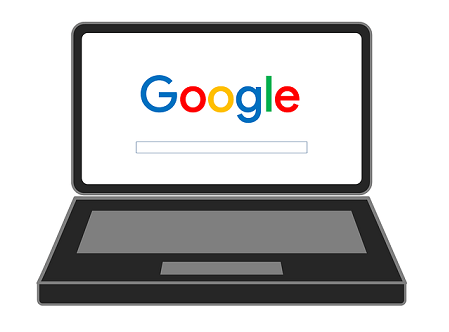BLOG
BLOG
What Google parent Alphabet Inc.’s EU fine means for rivals
- By Eazi Business
- •
- 17 Jul, 2018
For years, Google has had the monopoly on apps installed on Android phones and tablets. Alphabet Inc. could be facing an antitrust fine from the EU that will top the one they received last year of up to €2.4 billion, the largest ever EU antitrust penalty to date.

Why is Alphabet Inc. facing this fine?
The Alphabet Inc. unit is the parent company of Google and many other subsidiaries and encompasses industries such as technology, life sciences and investment capital. The EU’s antitrust penalty comes as a result of a perceived shutting out of rivals to its shopping search service.
The EU has been conducting an investigation which has found that smartphone manufacturers pre-install a bundle of Google services, such as Google Search and their Chrome browser as well as Gmail and Google Maps applications.
Why is this an issue?
If handset makers want to add Google Play to their devices, they are required to add the entire Google bundle. Once these services are already installed, there’s little need for other applications that perform similar tasks, such as mail providers, browsers or navigation services. This means that on Android, Google makes up 80% of app real estate – leaving rivals with no chance of a look in.
With Google search already performing 97% of all online searches in Europe, and 64% of mobile users opting to browse the web with Chrome, the EU’s crackdown on such a monopoly means exciting things for app developers.
What opportunities does this present?
Since Google is one of the most trusted household names out there in terms of web and mobile applications, it could be argued that there’s no call for such a boost. This EU antitrust law aims to create an even playing field for all when it comes to app development and usage. Each app within the Google Play bundle is just one of thousands of apps which do a similar thing, many all offer unique differences.
DuckDuckGo is one such smaller company who perform web searches without tracking their users. This offers an element of privacy and ad-free web enjoyment that is seen less and less frequently these days. As Bloomberg has reported, Gabriel Weinberg, chief executive officer of Paoli, Pennsylvania-based DuckDuckGo Inc. has spoken openly about how heavily anticipated the EU’s investigation will be for smaller companies. Weinberg has stated that he believes users would choose other services if given the chance. It’s clear this investigation will offer that chance.



